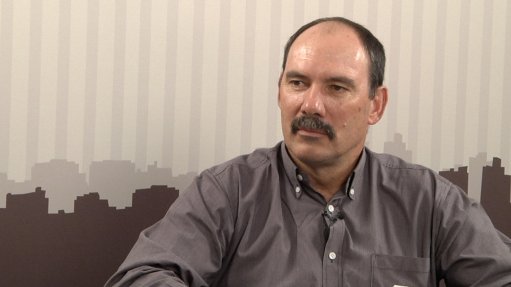
Global manufacturing and engineering company DCD has urged the South African government to formally announce a local-content threshold for its proposed new nuclear power generation plants.
“The long-term success and sustainability of the South African nuclear energy sector is entirely dependent on the establishment of a local-content threshold,” the company stresses.
DCD MD Rob King notes that the role of nuclear power generation in South Africa is unclear, with “empty discussions” taking place between vendors and manufacturers, as nobody is able to make any commitment in the current uncertain environment.
“Communication between government and industry on this matter needs to be formally structured. The Nuclear Industry Association of South Africa (Niasa) is doing good work promoting the implementation of local threshold numbers and is committed to assisting government in making the right decision," he adds.
At its yearly industry convention last week, Niasa suggested that a 59% local content threshold was a viable figure if all South African resources and capacity were to be fully utilised.
Niasa is currently engaging with the departments of Trade and Industry and Energy to promote the credibility and feasibility of its local-content threshold findings, and King indicates that the sooner an official figure is promulgated, the sooner preparations for the future can start.
To manufacture nuclear critical components, local manufacturers are required to be certified in accordance with the American Society of Mechanical Engineers (Asme) III code. Obtaining ASME III certification can take up to three years and cost more than R15-million.
King says such a considerable investment in time and money could only be justified if manufacturers have a clear and unequivocal guarantee of a minimum amount of work.
Further, he has also suggested that government should consider improving its existing nuclear procurement process.
“If requests for quotation are issued to all the international vendors and local manufacturers then have to submit pricing to all of these vendors, it would make it exceptionally challenging for local companies to prepare. This pressure on local manufacturers could be substantially eased if the international vendor is identified before local companies are required to submit official documents pertaining to capacity and pricing.”